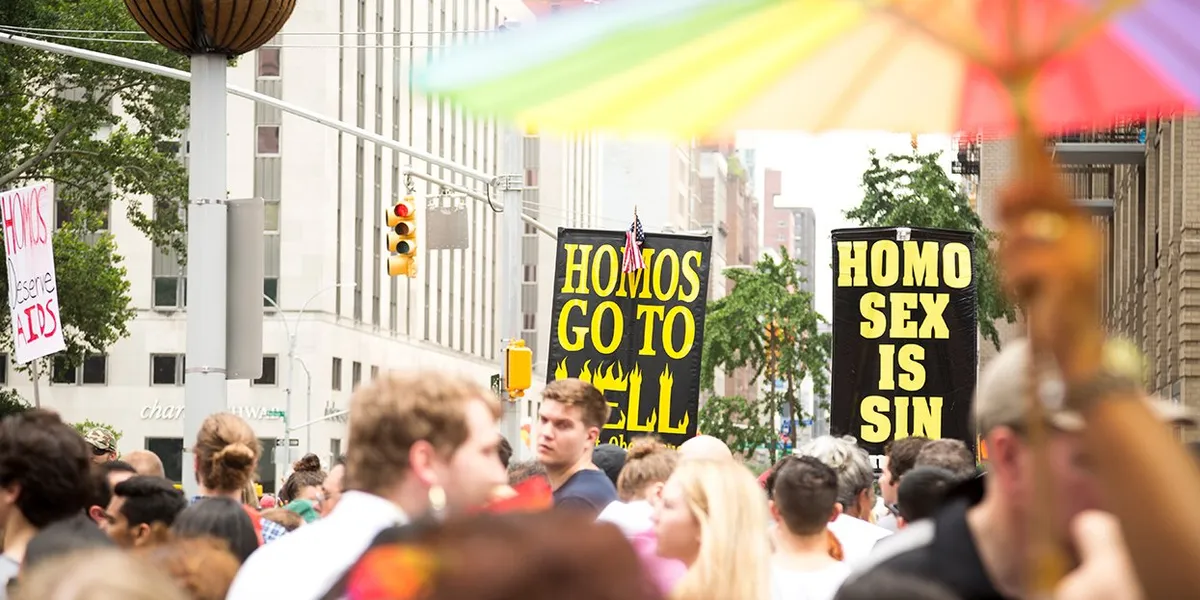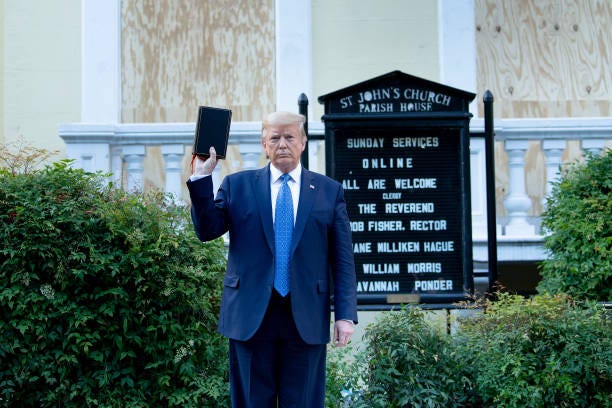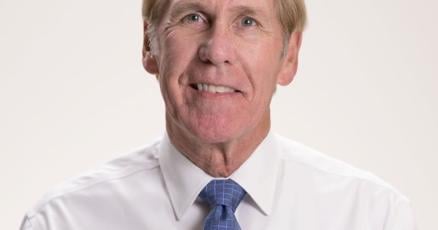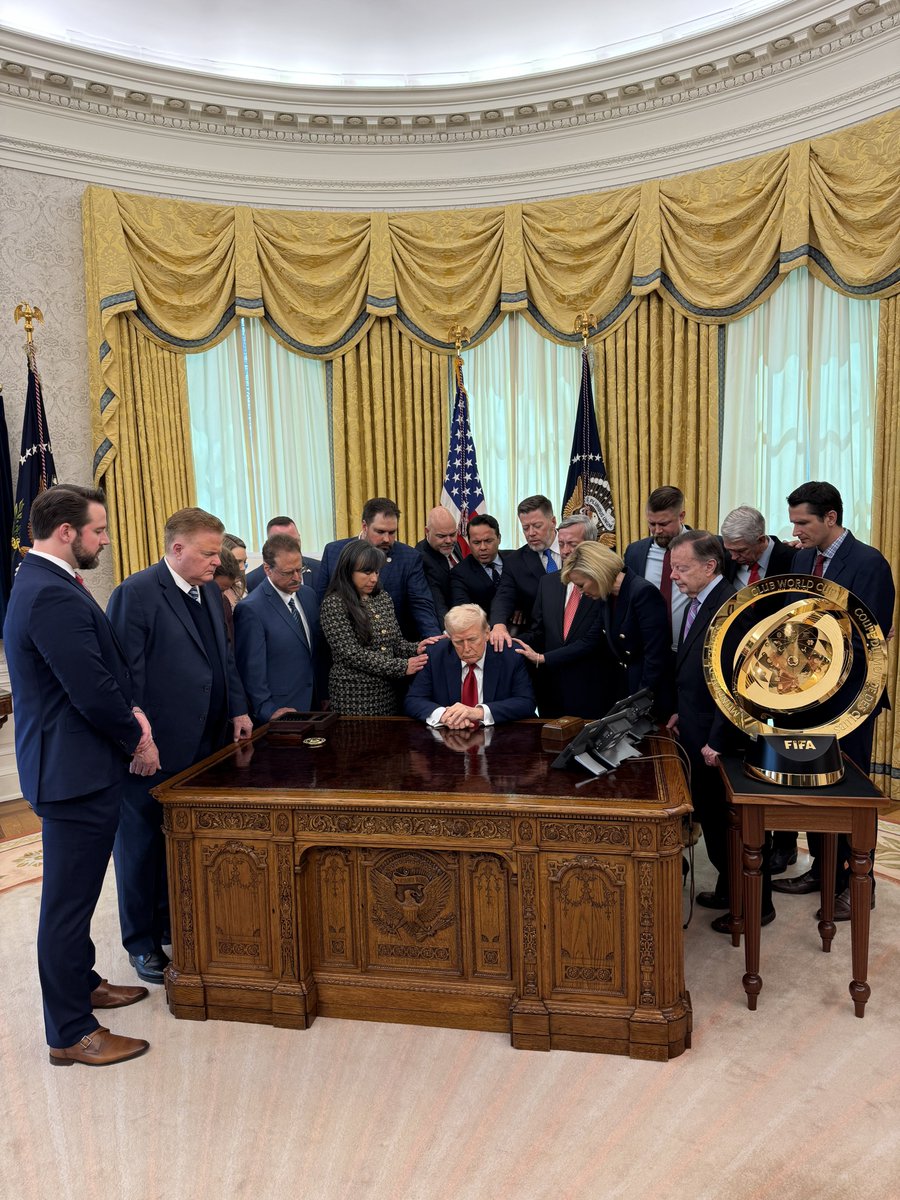Behind the Shield: How 'Religious Freedom' Laws Weaponize Discrimination Against LGBTQ+ Communities
Religion
2025-04-02 10:00:03Content

Religious Freedom: Where Do We Draw the Line?
In the complex landscape of human rights, religious freedom has become a contentious and increasingly heated debate. Experts are now questioning whether the boundaries of religious liberty have expanded beyond reasonable limits, challenging the delicate balance between personal belief and societal norms.
The ongoing discourse reveals a critical tension: How much latitude should society grant religious practices when they potentially conflict with broader human rights and social standards? Many human rights scholars argue that current interpretations of religious freedom have become overly broad, potentially enabling discriminatory practices under the guise of religious expression.
While religious freedom is a fundamental right protected by international law, its implementation has grown increasingly complex. Some argue that certain religious exemptions now provide a shield for practices that might otherwise be considered discriminatory or harmful. The challenge lies in striking a nuanced balance between respecting deeply held beliefs and protecting individual rights.
As our global society becomes more diverse and interconnected, the conversation around religious freedom continues to evolve. The key question remains: Can we create a framework that genuinely respects religious diversity while simultaneously safeguarding universal human rights?
The Delicate Balance: Religious Freedom vs. Human Rights in Modern Society
In an era of increasing social complexity, the intersection of religious liberty and human rights has become a battleground of competing ideologies, challenging fundamental principles of individual freedom and collective tolerance. The ongoing debate reveals deep-seated tensions between personal beliefs and societal progress, forcing us to confront challenging questions about the limits of religious expression.Navigating the Razor's Edge of Personal Conviction and Social Equality
The Historical Context of Religious Freedom
Religious freedom has long been considered a cornerstone of democratic societies, enshrined in constitutional frameworks and international human rights declarations. However, the contemporary landscape reveals a nuanced and increasingly contentious terrain where religious beliefs frequently clash with evolving social norms and protections for marginalized communities. The historical trajectory of religious liberty demonstrates a complex evolution, from early concepts of tolerance to modern interpretations that demand a delicate balance between individual spiritual practices and broader societal inclusivity. Scholars and legal experts have increasingly recognized that unchecked religious freedom can potentially become a mechanism for systemic discrimination.Challenging the Boundaries of Religious Expression
Contemporary debates surrounding religious freedom have exposed critical fault lines in how societies negotiate competing rights. Religious institutions and individuals often argue for absolute protections of their beliefs, while human rights advocates emphasize the potential for these protections to enable discriminatory practices. Recent legal cases have highlighted the intricate challenges of determining where religious convictions end and fundamental human rights begin. Courts and legislative bodies worldwide are increasingly required to make nuanced determinations that balance deeply held spiritual beliefs with principles of non-discrimination and equal treatment.The Global Perspective on Religious Liberty
Different cultural and legal frameworks around the world offer varied approaches to managing the complex relationship between religious freedom and human rights. Some nations have adopted more restrictive interpretations that prioritize social harmony, while others maintain broader protections for religious expression. International human rights organizations have consistently warned about the potential for religious freedoms to be weaponized as a means of marginalizing vulnerable populations. This global dialogue underscores the need for sophisticated, context-sensitive approaches that recognize both individual spiritual autonomy and collective social responsibilities.Psychological and Social Implications
The psychological impact of restrictive religious practices on individuals cannot be understated. Many people find themselves caught between personal spiritual beliefs and the desire for social acceptance and personal autonomy. This internal conflict often manifests in complex social dynamics that challenge traditional understanding of religious freedom. Sociological research suggests that overly broad religious exemptions can create systemic inequalities, potentially undermining the very principles of individual liberty that such protections are intended to safeguard. The intricate interplay between personal belief systems and societal structures demands continuous critical examination.Legal and Ethical Considerations
Legal frameworks are increasingly being challenged to provide more nuanced interpretations of religious freedom. The traditional understanding of religious liberty as an absolute right is being reexamined in light of contemporary social realities and the recognition of diverse human experiences. Ethical considerations demand a sophisticated approach that respects individual spiritual beliefs while simultaneously protecting the fundamental rights of all individuals, regardless of their sexual orientation, gender identity, or other personal characteristics. This requires ongoing dialogue, empathy, and a commitment to understanding diverse perspectives.RELATED NEWS
Religion

Faith in Focus: Global Religious Trends Reshape Spiritual Landscapes in 2025
2025-03-05 21:24:21
Religion

Global Catholic Community Rallies in Prayer as Pope Francis Battles Health Challenge
2025-02-24 09:05:19
Religion

Breaking Barriers: How Jewish Women Rabbis Are Revolutionizing Cancer Support
2025-04-02 14:07:58





